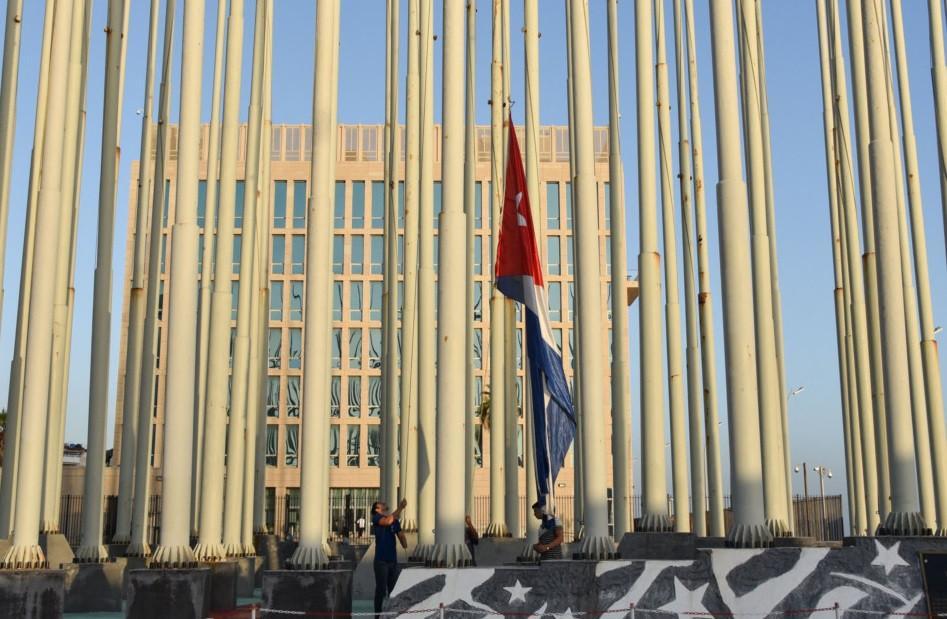
Cuba yesterday marked 60 years under a U.S. economic blockade that has deeply affected the communist nation’s fortunes and shows no signs of being lifted.
Decreed by U.S. president John F. Kennedy on February 3, 1962, the embargo on all bilateral trade came into effect four days later.
Its purpose, said Kennedy’s executive order, was to reduce the threat posed by the island nation’s “alignment with the communist powers.”
Despite failing to force a change in tack from Havana since then, the sanctions remain in place six decades later, and are blamed by Cuban authorities for damage to the country’s economy amounting to some $150 billion.
Cuba is experiencing its worst economic crisis in 30 years, with inflation at 70 percent and a severe shortage of food and medicines as the COVID-19 pandemic dealt a hefty blow to a key source of income: tourism.
Long lines for essential goods are common, as food imports have been slashed due to dwindling government reserves.
Cuba has little productive capacity and relies on imports for about 80 percent of its food needs.
A monetary reform launched a year ago to try and alleviate pressures on Cubans brought about a significant wage increase in a country where most workers are employed by the government, but further fueled price inflation.
Since 2000, food has been excluded from the U.S. blockade, and between 2015 and 2000, Cuba imported some $1.5 billion worth of food from its neighbor. But the purchases have to be paid in cash and upfront, onerous conditions for a country with limited reserves.
According to Carlos Gutierrez, a Cuban-American and former U.S. Secretary of Commerce, the embargo has proven to be “counterproductive.” “Absolutely nothing has been obtained from Havana” in response, he said.
Instead, Cuba has looked to U.S. rivals such as China and Russia for support. Two weeks ago, Cuba’s President Miguel Diaz-Canel and his Russian counterpart Vladimir Putin discussed “strategic partnership” in a phone call.
And Russian Deputy Foreign Minister Sergei Riabkov recently said Moscow would not rule out a military deployment to Cuba - just a few hundred kilometers (miles) from Miami in the US state of Florida - if tensions with Washington over ex-Soviet state Ukraine escalated.